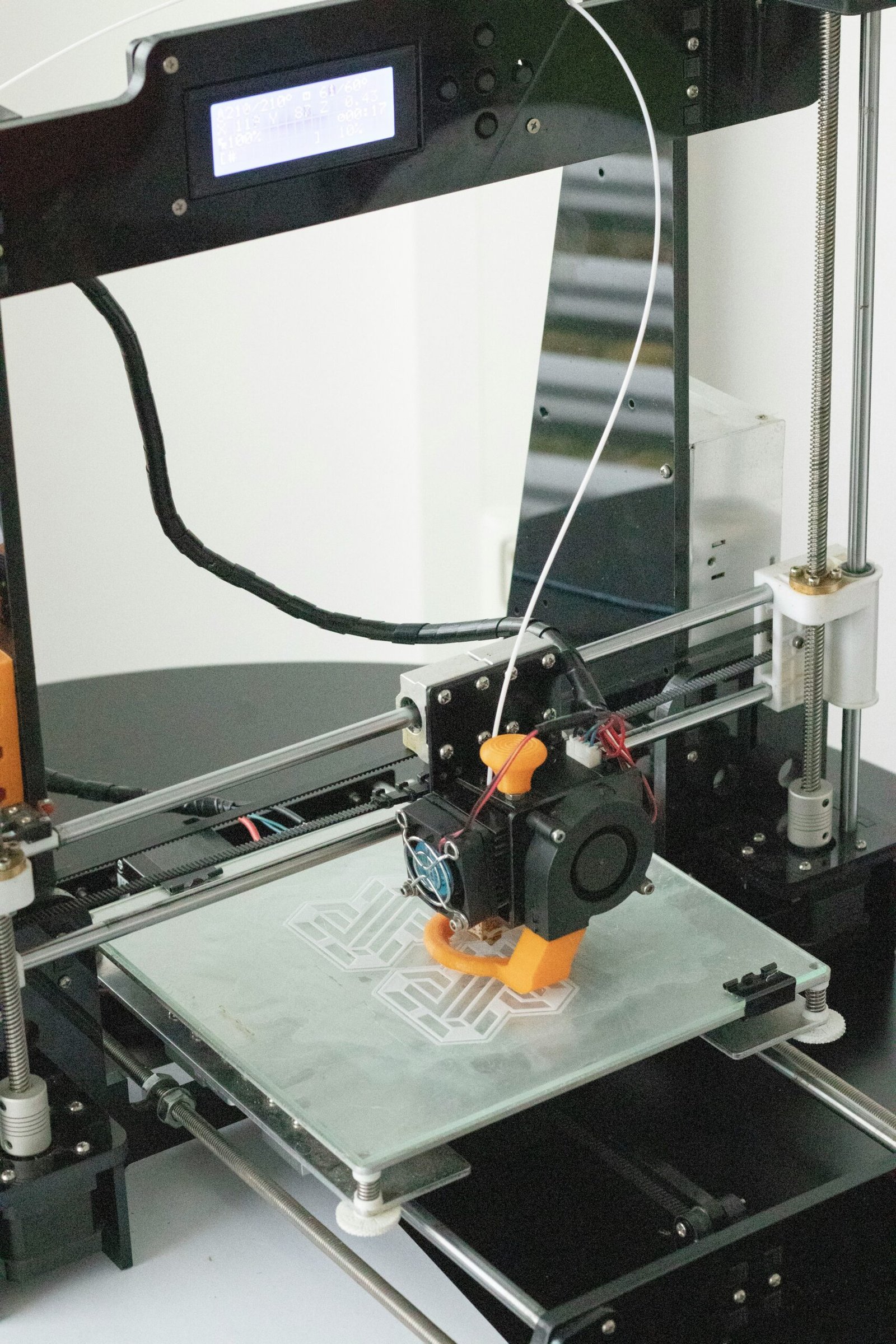
Introduction to Quantum Computing and Drug Discovery
Quantum computing represents a transformative shift from classical computing paradigms. At its core, quantum computing leverages the principles of quantum mechanics, particularly superposition and entanglement, to process information in fundamentally novel ways. Unlike classical bits that operate in a binary state of 0 or 1, quantum bits, or qubits, can exist in multiple states simultaneously. This capability allows quantum computers to perform complex calculations at speeds unattainable by even the most advanced classical supercomputers.
Drug discovery, on the other hand, is an intricate and multi-faceted process in pharmaceutical research aimed at identifying new candidate medications. Traditional methods typically involve high-throughput screening of large chemical libraries and extensive biological assays to determine the efficacy and safety of potential drug molecules. This process is not only time-consuming but also highly resource-intensive, costing millions of dollars and often taking over a decade from initial discovery to market approval.
The convergence of quantum computing and drug discovery aims to address these inefficiencies. By harnessing quantum computational power, researchers can simulate molecular interactions with unprecedented precision. Quantum algorithms can efficiently solve complex problems in quantum chemistry, such as energy state calculations, which are crucial for predicting molecular behavior and reactivity. This predictive power significantly reduces the need for empirical testing, thus expediting the drug discovery pipeline.
Furthermore, quantum computing holds promise in optimizing molecular structures for better drug efficacy and minimizing side effects. It can provide insights into protein folding, a critical aspect of understanding diseases at a molecular level, and help design molecules that can better interact with biological targets. As these capabilities evolve, quantum computing is poised to revolutionize drug discovery by making the process faster, more cost-effective, and potentially more successful in yielding new therapeutic breakthroughs.
Quantum Computing Techniques in Drug Discovery
Quantum computing has emerged as a transformative tool in the field of drug discovery, leveraging its advanced capabilities to revolutionize traditional methodologies. Among the most pertinent techniques employed are quantum simulation, quantum machine learning, and optimization algorithms. These methods hold the potential to significantly enhance the efficiency and accuracy of modeling molecular interactions, predicting protein folding, and identifying promising drug candidates.
Quantum simulation is particularly advantageous for modeling the complex interactions between molecules. Traditional computational methods often struggle with the vast number of variables involved, but quantum computers can handle these complexities with greater precision. By simulating quantum mechanical processes at a molecular level, researchers can gain deeper insights into the behavior of potential drug compounds, facilitating the identification of effective therapeutic agents.
Quantum machine learning (QML) is another pivotal technique in drug discovery. QML algorithms can process and analyze large datasets more efficiently than classical machine learning methods. This capability is particularly useful for predicting protein folding—a critical aspect of understanding the structure and function of biological molecules. Accurate predictions of protein folding patterns can lead to the development of targeted therapies and precision medicine approaches.
Optimization algorithms powered by quantum computing also play a crucial role in drug discovery. These algorithms can sift through vast chemical spaces to identify optimal molecular structures that exhibit desired biological activity. By harnessing the power of quantum optimization, researchers can expedite the identification of lead compounds, reducing the time and cost associated with drug development.
Real-world applications of quantum computing in pharmaceutical research are already demonstrating promising results. For instance, a collaboration between IBM and a major pharmaceutical company utilized quantum simulations to study molecular interactions of drug compounds. This effort led to the identification of a novel drug candidate for treating a debilitating disease, showcasing the tangible benefits of quantum computing in drug discovery.
As quantum computing continues to evolve, its integration into pharmaceutical research is expected to yield unprecedented advancements. By enhancing our ability to model molecular interactions, predict protein folding, and optimize drug candidates, quantum computing stands to significantly impact the efficiency and outcomes of drug discovery processes.
Challenges and Limitations of Quantum Computing in Drug Discovery
Quantum computing holds immense potential in revolutionizing drug discovery, yet it faces significant challenges and limitations. One of the primary issues is hardware limitations. Quantum computers require qubits that are highly susceptible to environmental noise, which can lead to high error rates. Current quantum systems struggle to maintain qubit coherence, making it difficult to perform complex calculations reliably. Additionally, the need for extremely low temperatures to operate superconducting qubits adds to the complexity and cost of building and maintaining quantum hardware.
Another considerable challenge is scalability. While small-scale quantum processors have shown promising results, scaling up the number of qubits to a level required for practical drug discovery remains a formidable task. The quantum supremacy milestone achieved by Google, although significant, was performed on a system with only 53 qubits, insufficient for the extensive computations needed in drug discovery.
Error rates present yet another hurdle. Quantum computations are highly prone to errors due to decoherence and quantum noise. Error correction techniques are being developed, but they require additional qubits, exacerbating the scalability issue. Achieving fault-tolerant quantum computing is essential for its successful application in drug discovery, but this remains a work in progress.
The development of specialized algorithms is also critical. Classical algorithms cannot be directly applied to quantum systems, necessitating the creation of quantum-specific algorithms. These algorithms must be designed to leverage the unique properties of quantum computing, such as superposition and entanglement, to solve problems in drug discovery effectively. The field is still in its infancy, and significant research is needed to develop and optimize these algorithms.
Ongoing research and development efforts are focused on addressing these obstacles. Advances in quantum error correction, qubit coherence times, and innovative quantum algorithms are being pursued. Companies and academic institutions worldwide are investing heavily in quantum computing research, aiming to make it a mainstream tool in drug discovery. However, the timeline for when quantum computing will become a practical and reliable tool in this field is uncertain. Experts estimate that it may take another decade or more before the technology matures enough to overcome these challenges fully.
Future Prospects and Impact on the Pharmaceutical Industry
The future prospects of quantum computing in drug discovery are both promising and transformative. As quantum computing technology matures, it is poised to revolutionize the pharmaceutical industry by significantly accelerating drug development timelines. Traditional drug discovery processes, which can take over a decade to bring a new drug to market, could be drastically shortened. Quantum computers have the potential to simulate complex molecular interactions at unprecedented speeds, allowing researchers to identify promising drug candidates and optimize their properties much faster than with classical computing methods.
This acceleration in drug discovery timelines is directly tied to potential cost reductions. The pharmaceutical industry often faces high costs due to lengthy research and development phases. By streamlining these processes, quantum computing can help reduce the financial burden associated with bringing new drugs to market. This could lead to more efficient allocation of resources and lower prices for end consumers, thereby making medications more accessible.
Moreover, quantum computing holds the promise of enhancing the precision of personalized medicine. By leveraging quantum algorithms, scientists can analyze vast datasets to identify the most effective treatments tailored to individual genetic profiles. This level of precision in medicine ensures that patients receive the most suitable therapies, minimizing adverse effects and improving overall treatment outcomes.
The broader implications for healthcare and society are also profound. With more effective and affordable treatments, there could be a significant improvement in global health outcomes. However, the rapid advancements in quantum computing also raise important ethical considerations. Issues such as data privacy, equitable access to advanced treatments, and the potential for misuse of powerful technology must be carefully managed.
Regulatory frameworks will play a crucial role in overseeing the integration of quantum computing into the pharmaceutical industry. Clear guidelines and standards are necessary to ensure that this emerging technology is used responsibly and ethically. Policymakers, industry leaders, and scientific communities must collaborate to create a balanced approach that fosters innovation while safeguarding public interests.
In conclusion, quantum computing offers a transformative potential for drug discovery, with the capability to shorten development timelines, reduce costs, and enhance personalized medicine. However, it is essential to navigate the ethical and regulatory challenges to fully realize its benefits for society.









